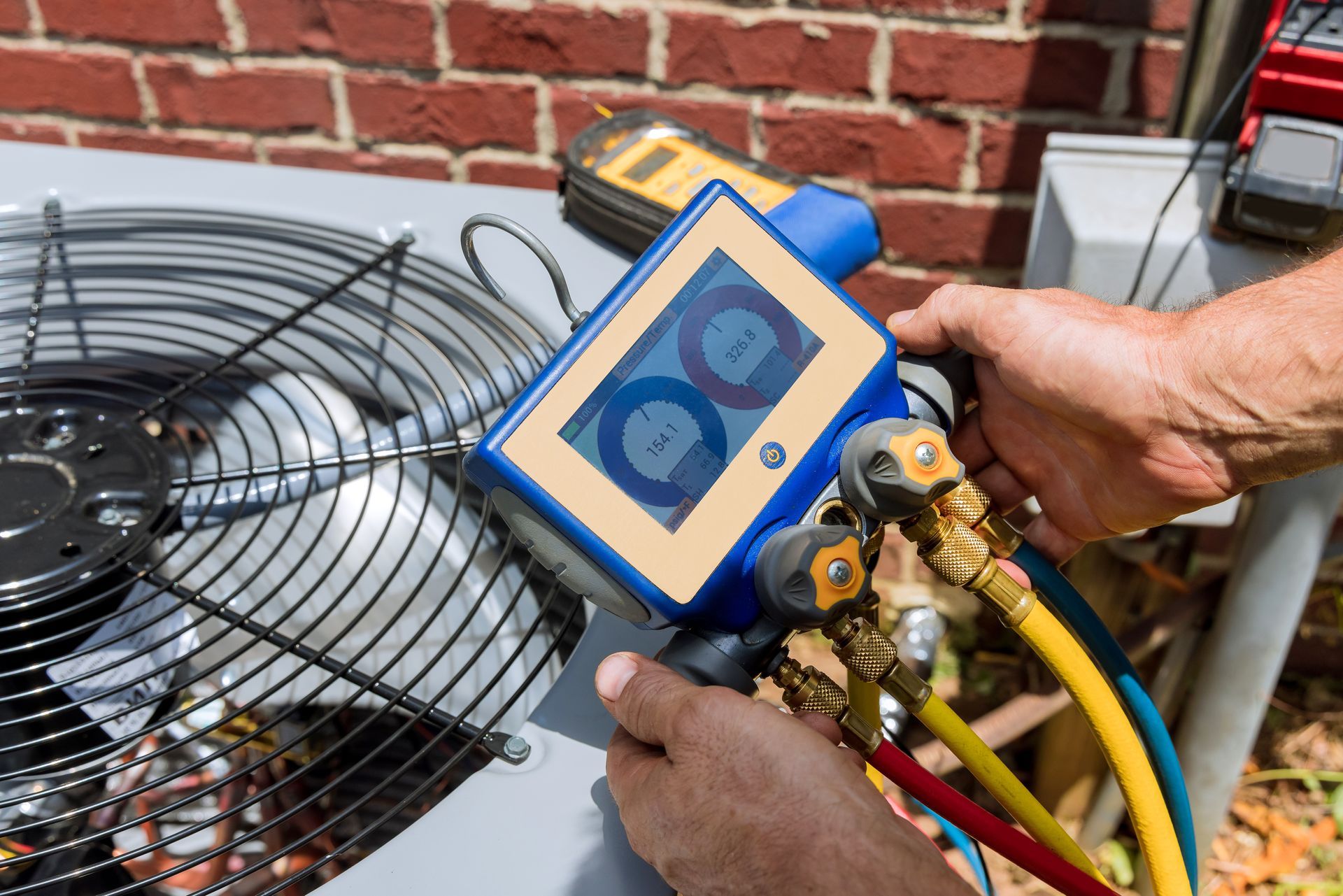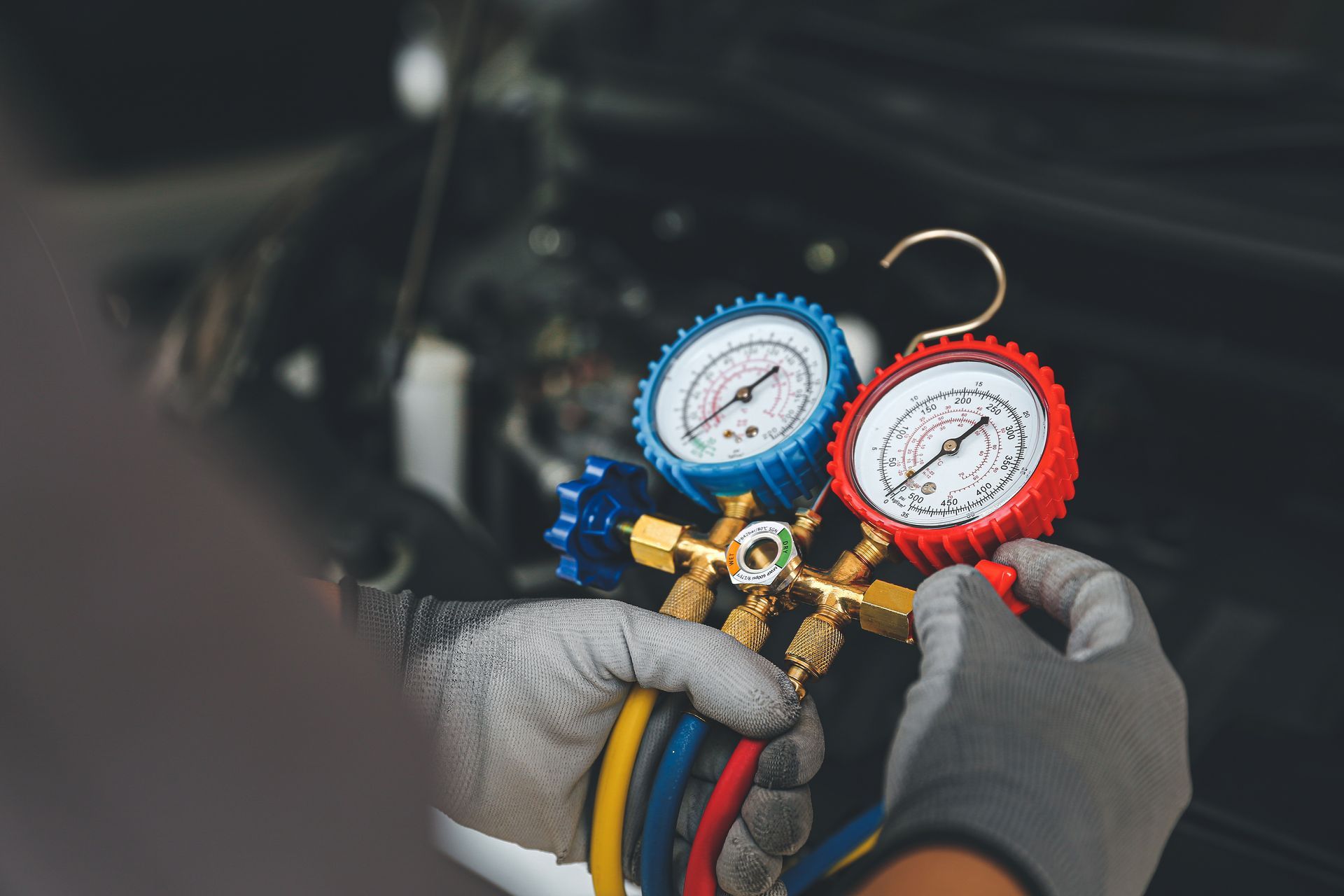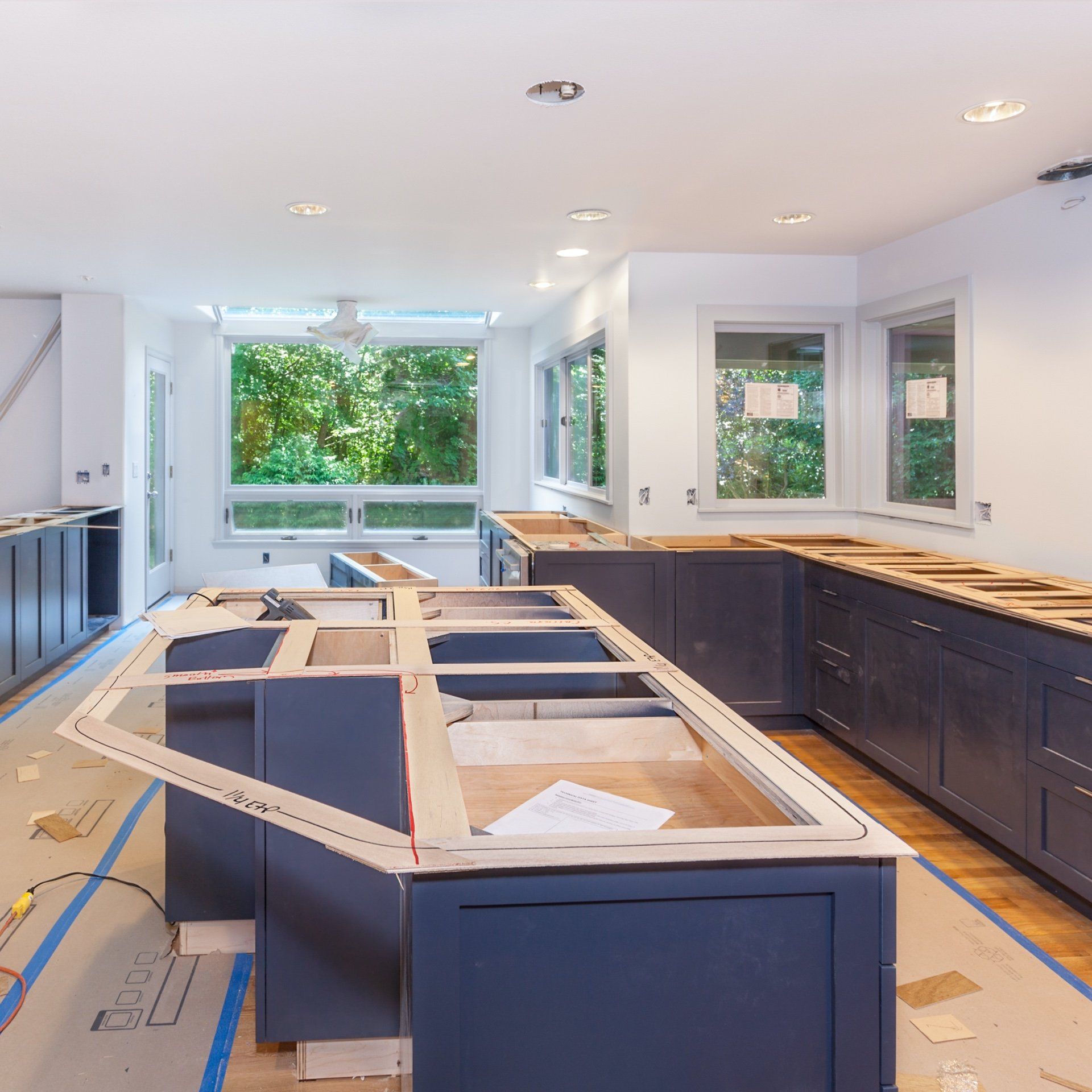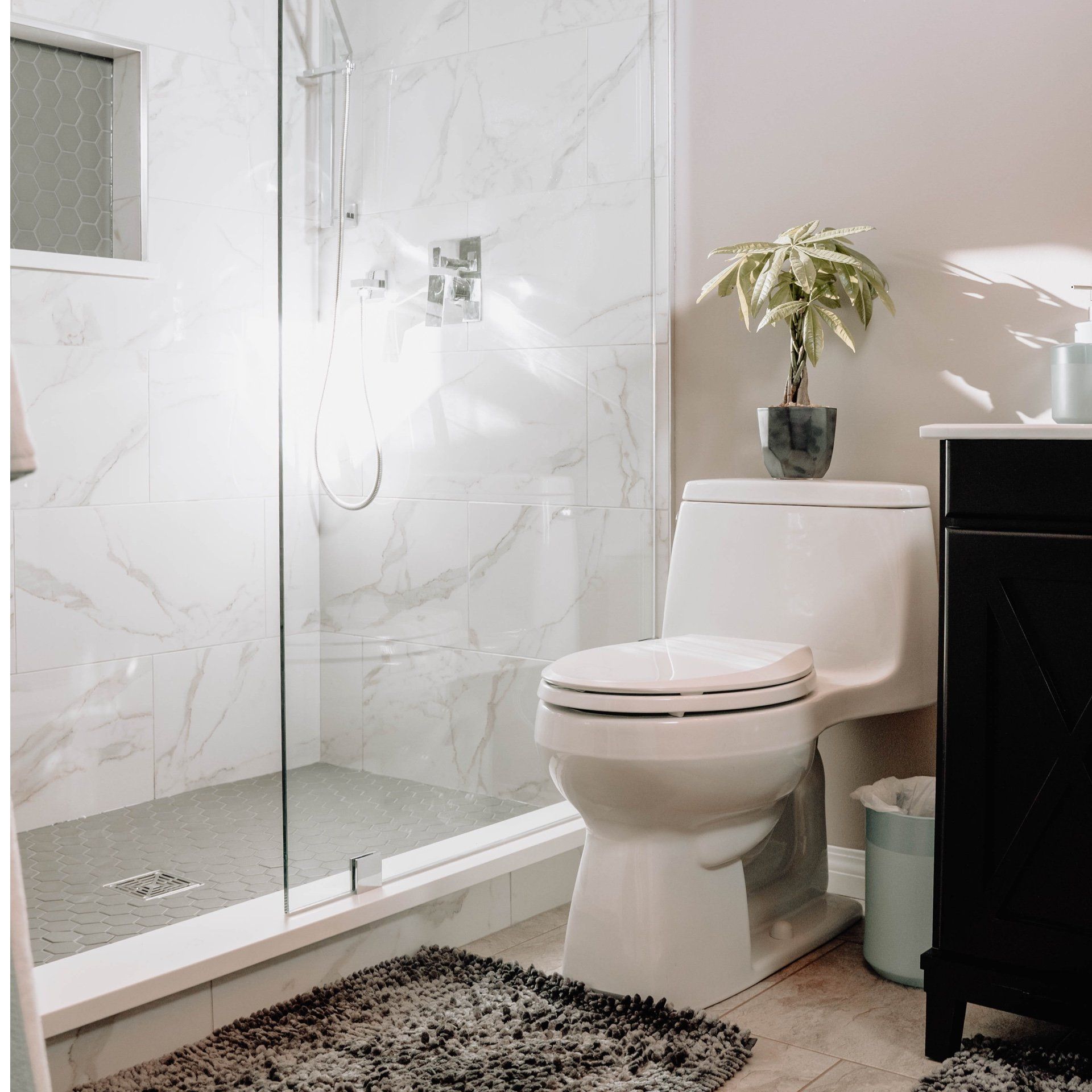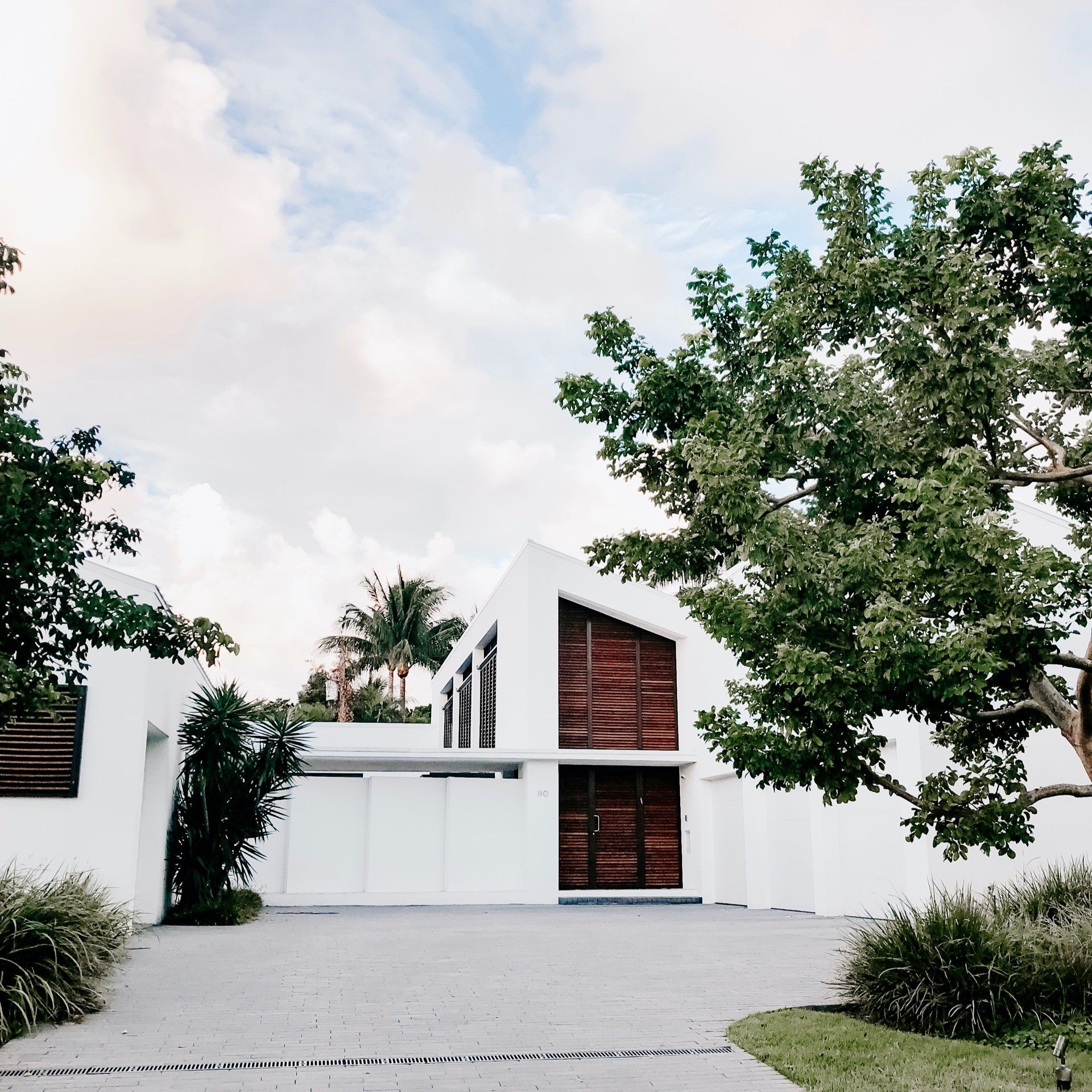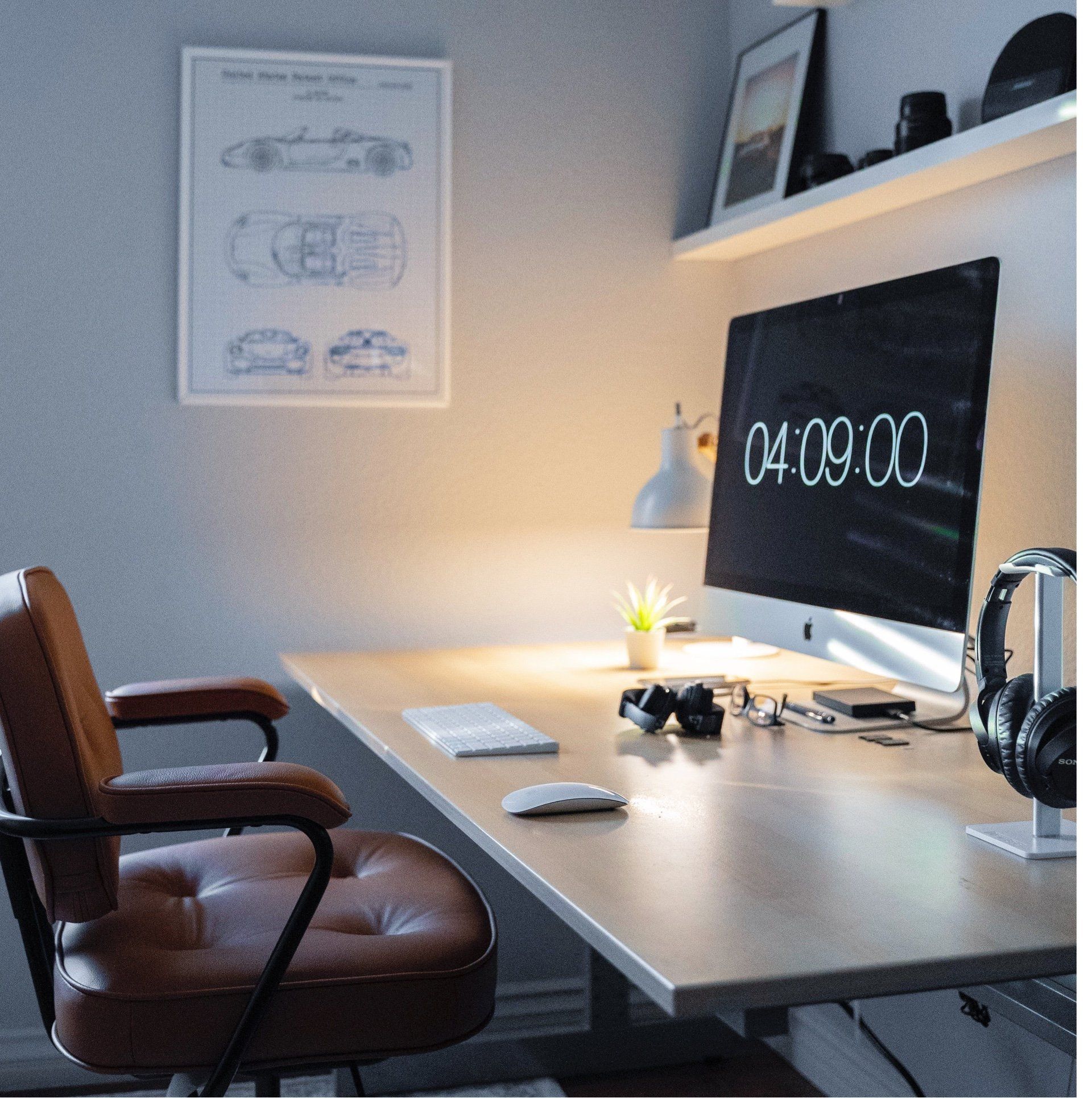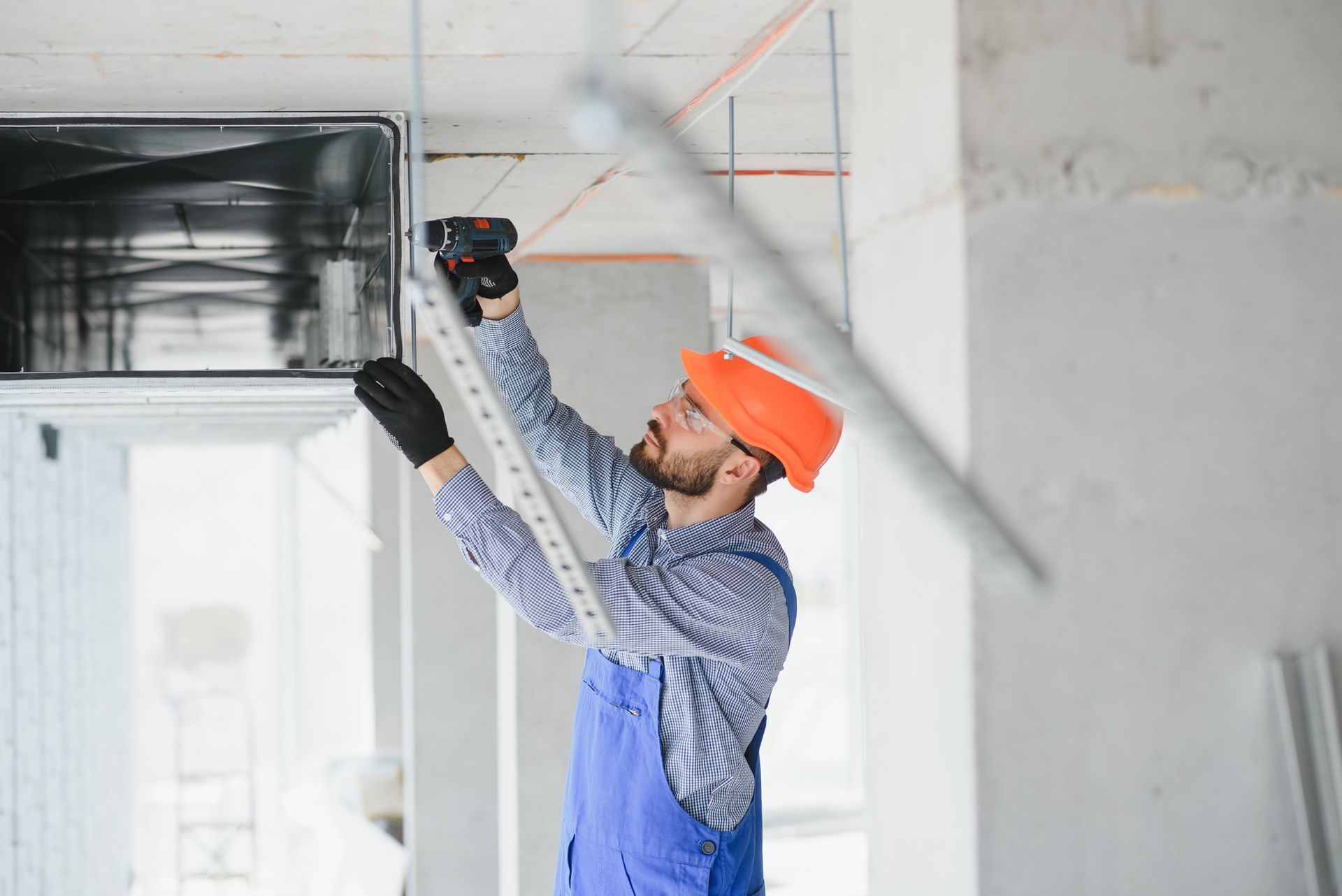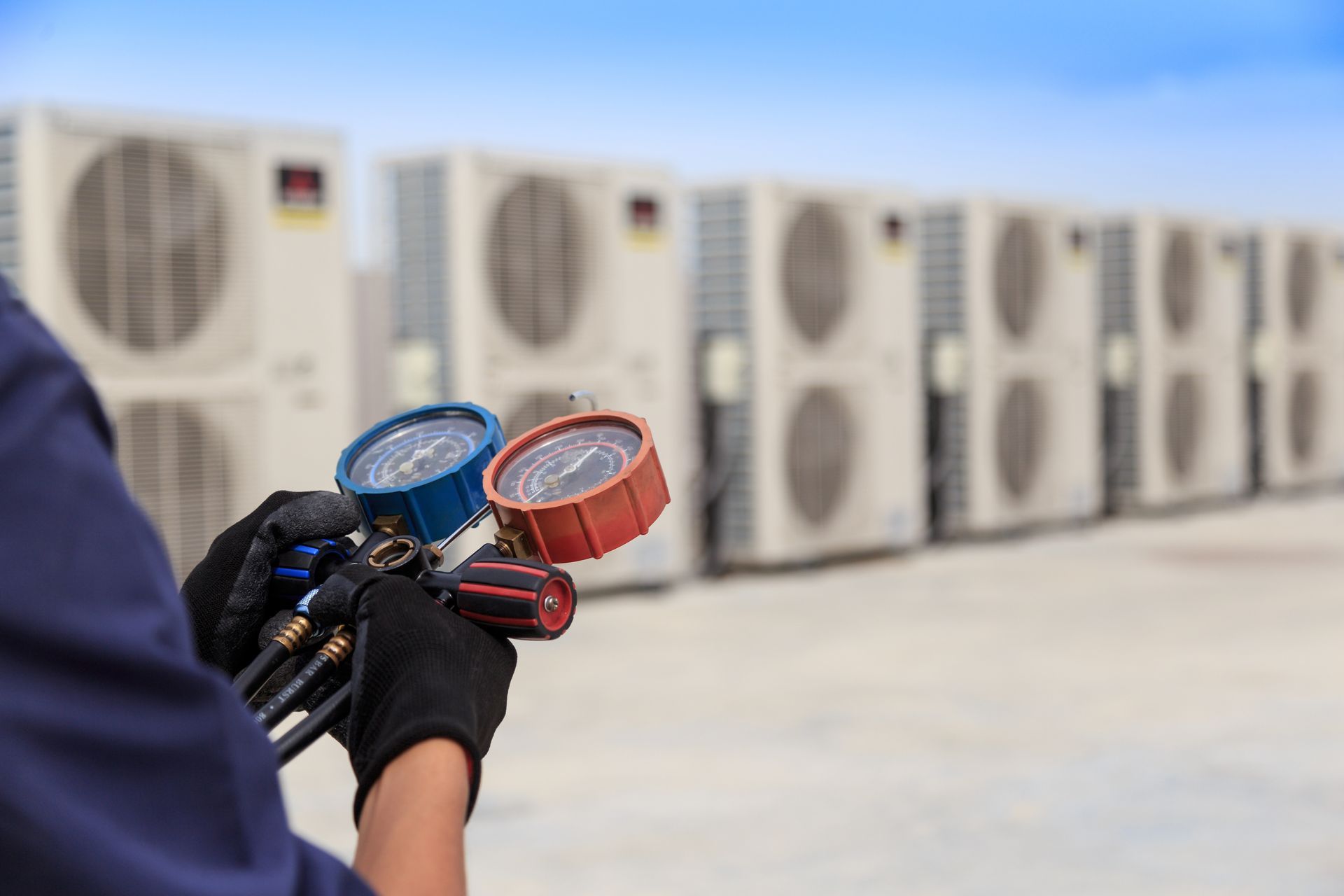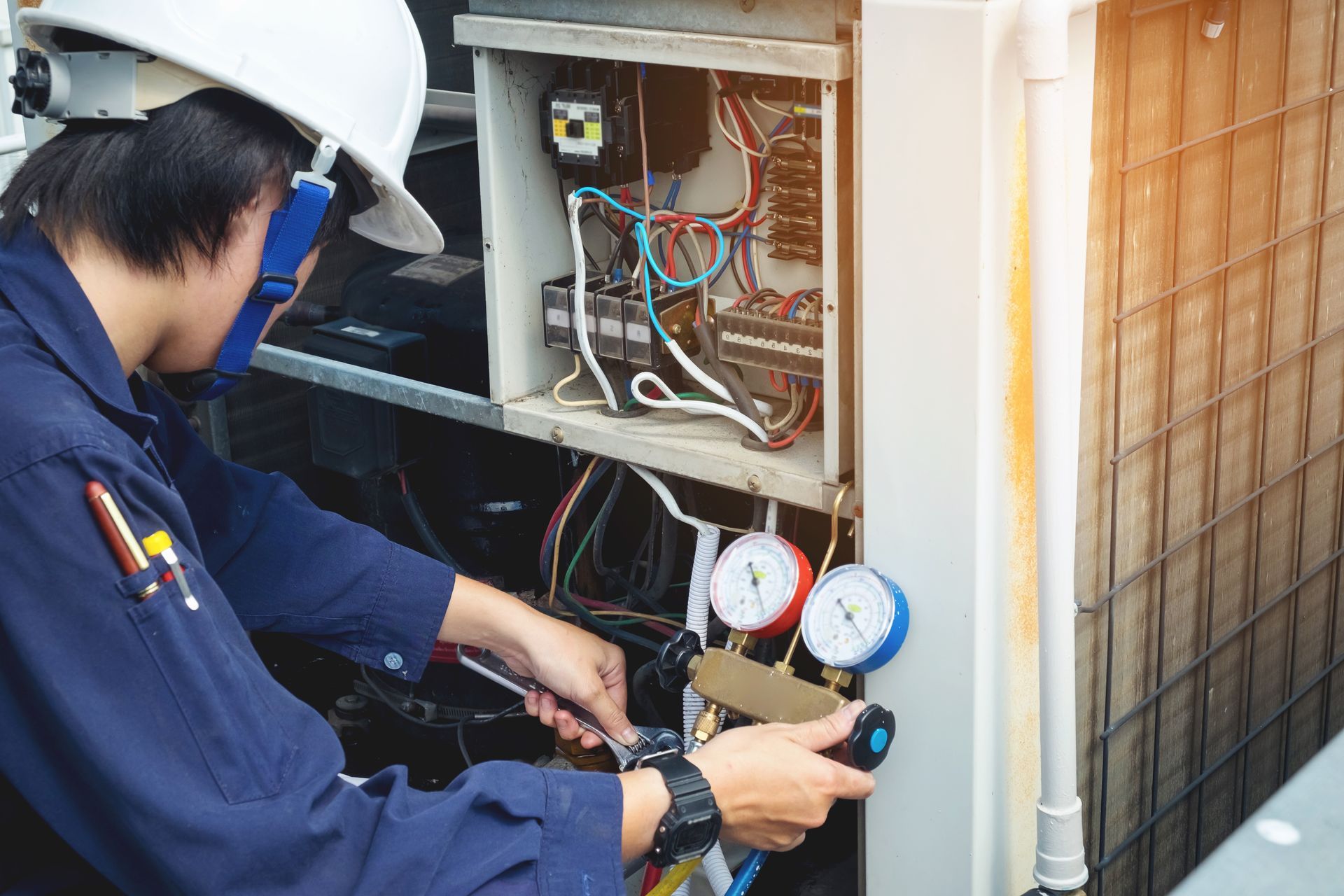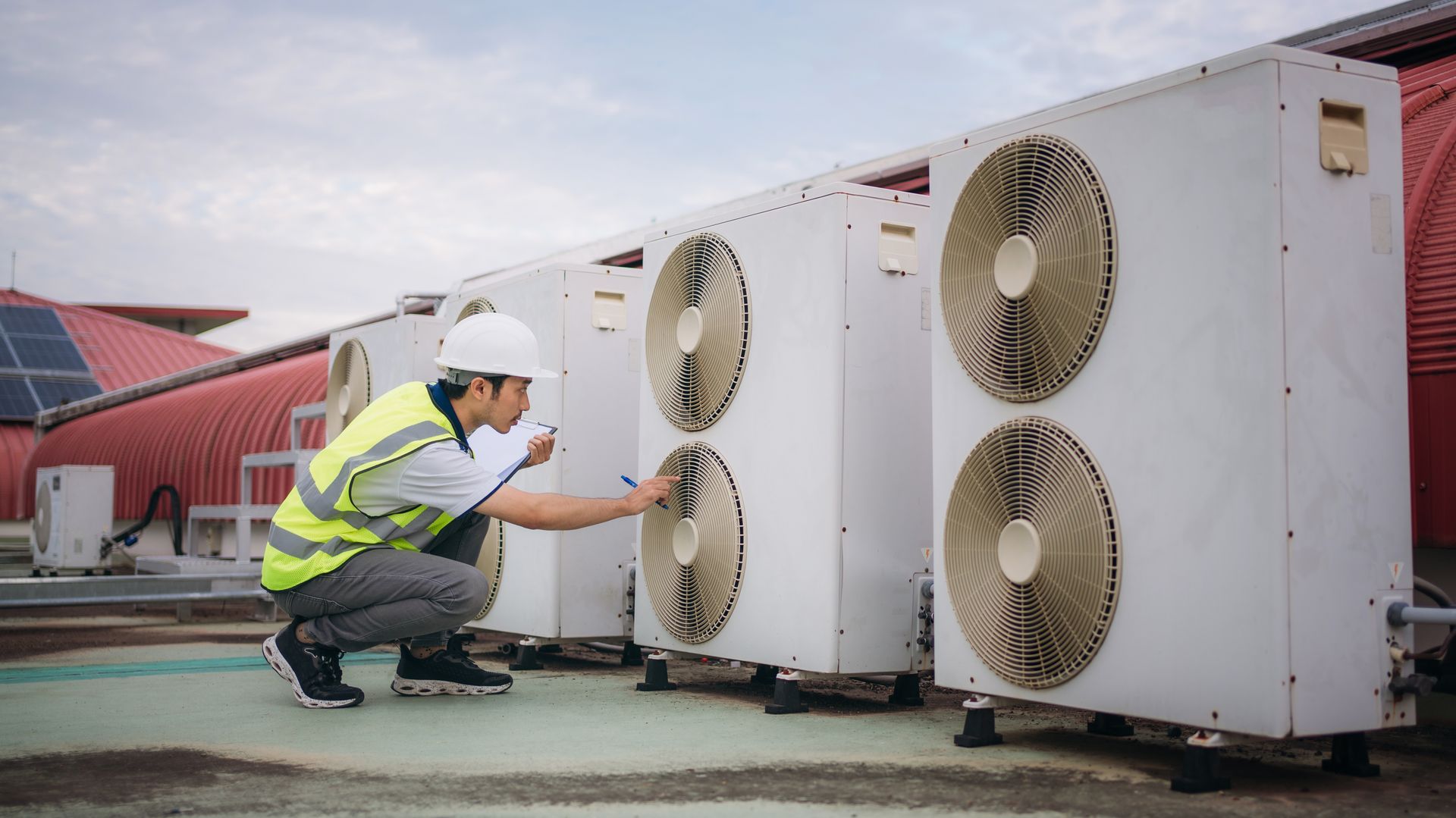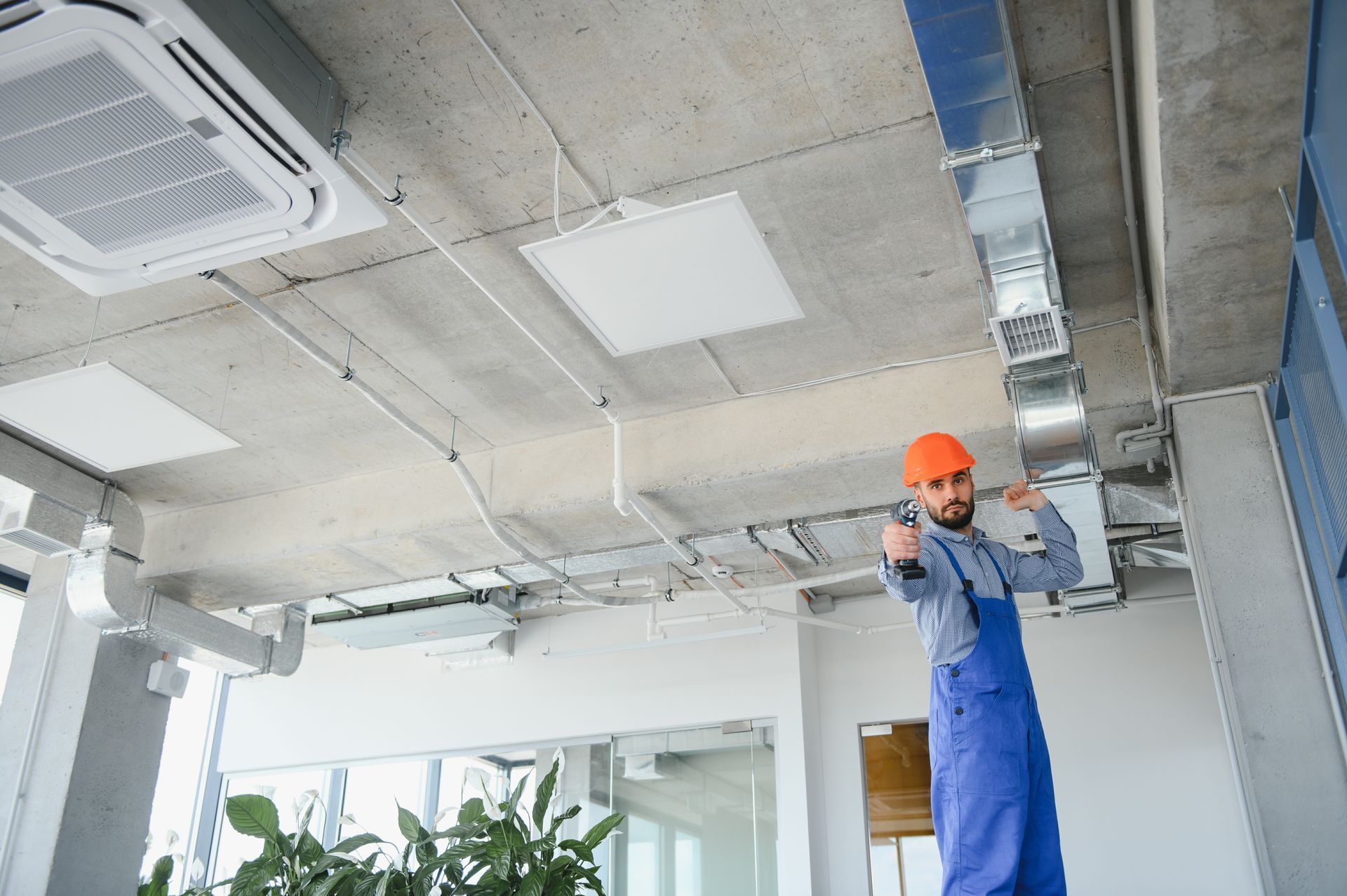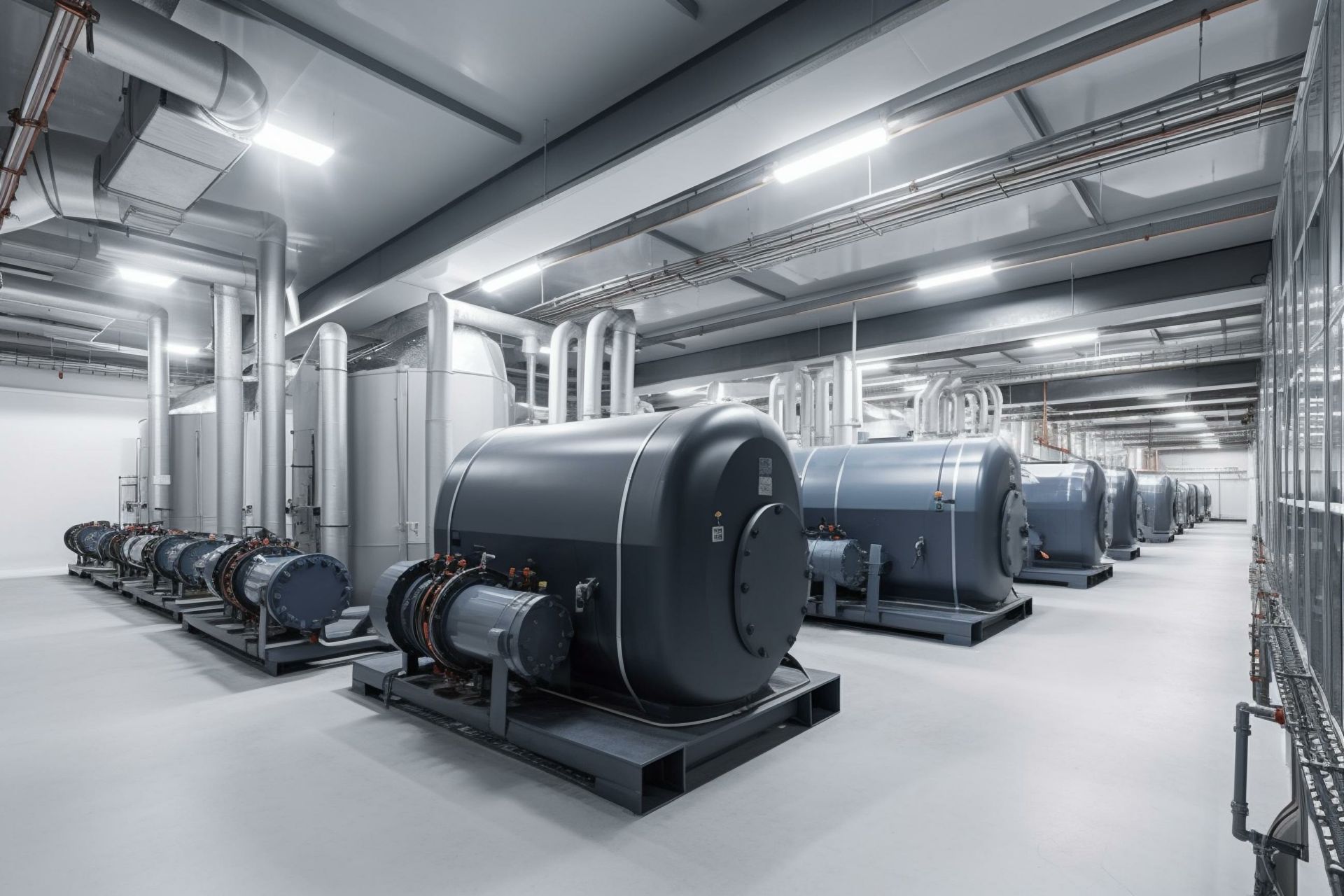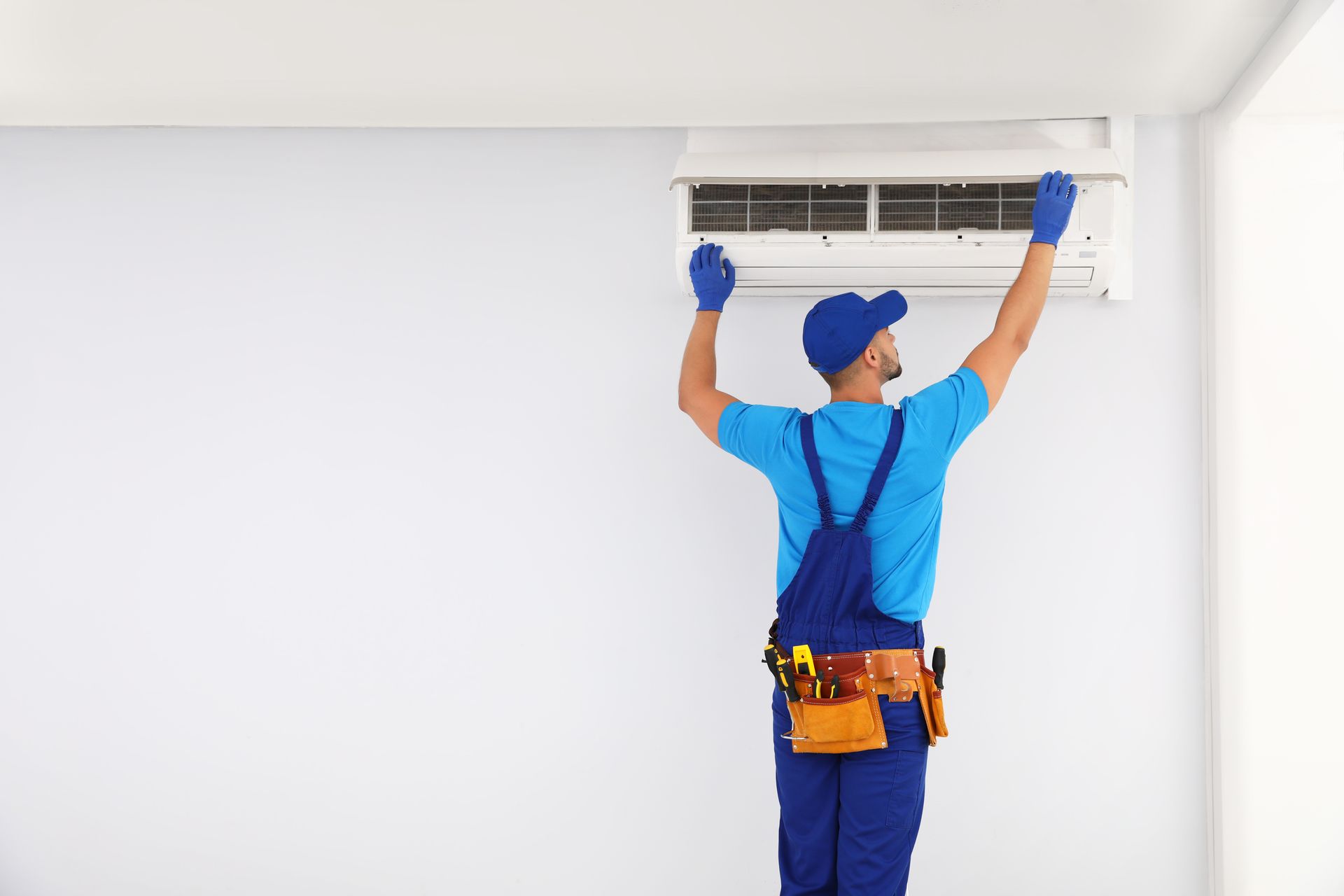Electrical Safety First: Exploring the Crucial Role of HVAC System Grounding
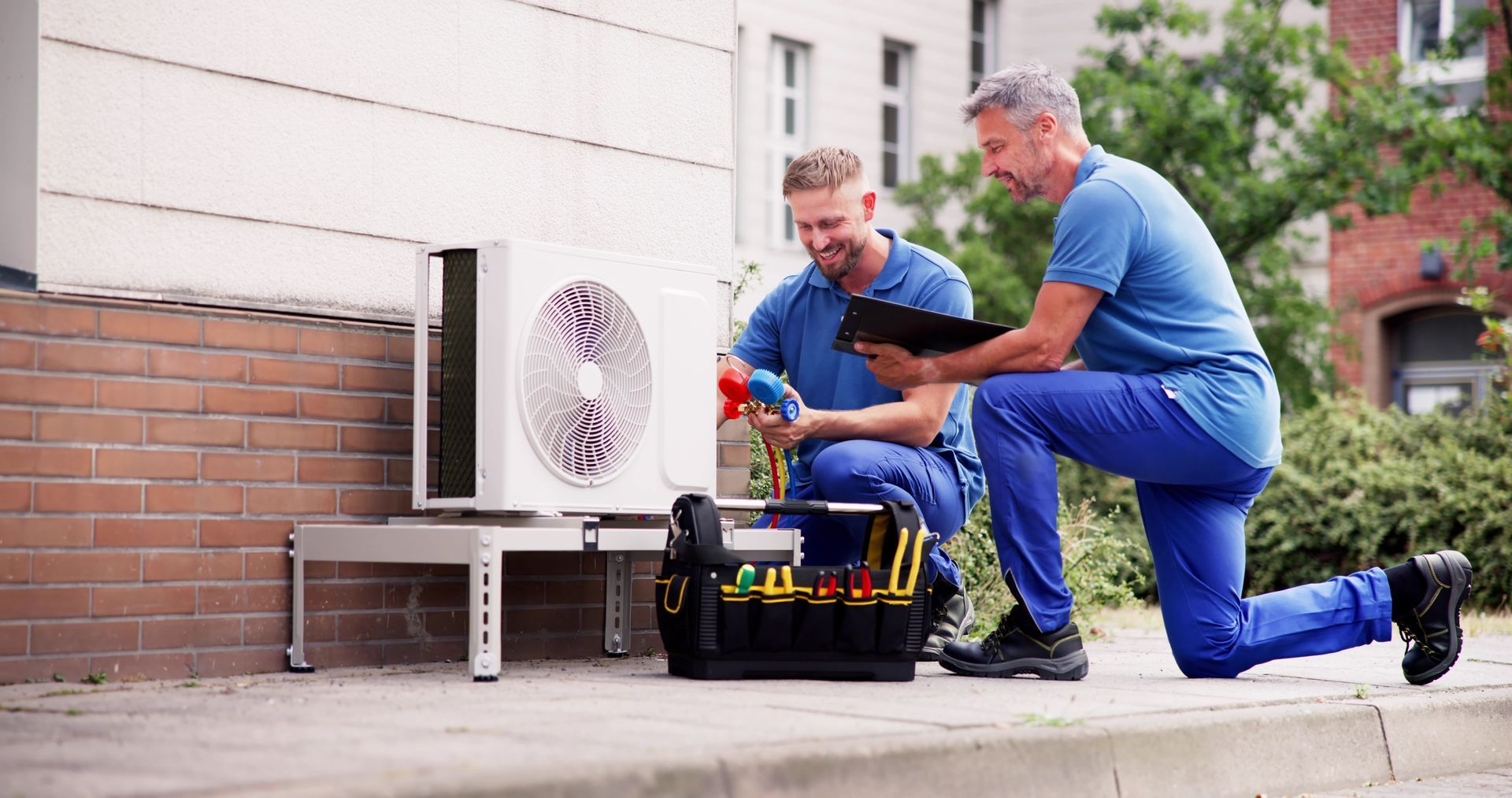
Understanding Electrical Grounding in HVAC Systems
HVAC systems, like all electrical appliances, must be properly grounded to ensure safety and optimal operation. Grounding connects the electrical system to the earth, providing a path for electricity to follow in case of a fault or overload. This reduces the risk of electrical shock and helps protect your HVAC equipment from damage.
The Grounding Process: Safety and Stability
The grounding process involves creating an electrical connection between your HVAC system and the earth using a grounding wire. Typically, this wire is green or bare copper and is connected to the grounding terminal or lead on your HVAC unit. The other end is connected to a grounding rod driven into the ground or a grounding bus bar in your home's electrical panel.
Grounding your HVAC system provides stability to its electrical circuits and helps control the voltage levels. It also acts as a protective measure, providing an alternate pathway for electrical current to flow in the event of a short circuit or other electrical fault.
The Danger of Ungrounded HVAC Systems
Without proper grounding, an electrical fault could lead to a buildup of electrical charge in your HVAC system. This poses a serious risk of electric shock to anyone who touches it. Furthermore, an ungrounded HVAC system is more prone to power surges, which can damage sensitive electronic components and shorten the lifespan of your system.
Additionally, without grounding, electrical faults may not trigger a circuit breaker or fuse to cut off the electrical supply, leading to increased risk of electrical fires.
Professional Installation: The Key to Safe Grounding
While it's possible for someone with knowledge of electrical systems to ground an HVAC system, it's not recommended for amateurs. Grounding involves dealing with high voltage electricity, and any mistakes could lead to serious injury or damage.
Professional HVAC technicians are trained in safe and effective grounding practices. They know where and how to attach the grounding wire, and they understand local codes and regulations related to HVAC installation and grounding.
Not only do HVAC professionals have the necessary training and experience, but they also have the right tools for the job. Using the correct tools is crucial for a successful and safe grounding.
A Clear Case for Expertise
While it's always satisfying to handle home improvement projects on your own, HVAC grounding isn't a good candidate for a DIY project. It requires specialized knowledge and skill to do it properly and safely.
In addition to grounding, a professional will also ensure your HVAC system is installed correctly and optimized for performance and longevity. Their expertise can save you from future headaches, unnecessary costs, and safety hazards.
Your Next Step to a Safe HVAC System
Now that you know the importance of proper HVAC grounding, it's time to make sure your system is safe and functioning optimally. Reach out to a trusted HVAC professional who can evaluate your system, correct any existing grounding issues, and ensure your home stays comfortable and safe.
Don't let concerns about electrical safety keep you in the cold. Visit the "Contact" page to get in touch with a professional who can provide peace of mind about your HVAC system's grounding.
